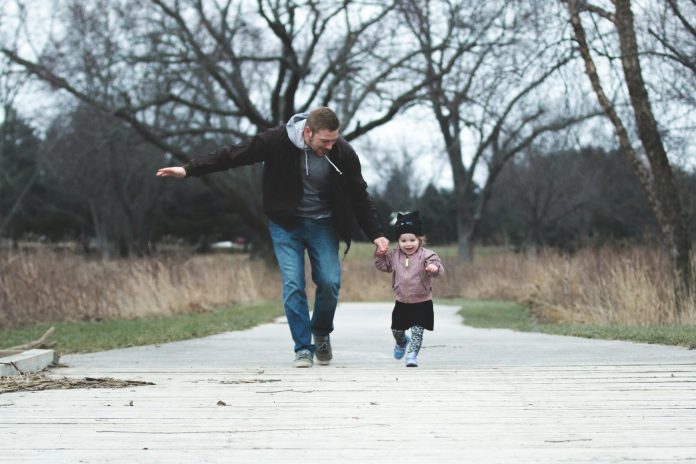
“The attitude you have as a parent is what your kids will learn. They don’t remember what you try to teach them. They remember who you are.” – Inspired by Jim Henson
My years as a psychotherapist have shown me the dramatic effect parenting has on children. Some have been traumatized, some suffer from low self-esteem, others struggle with anxiety or depression.
Those who have been loved, validated, listened to, and supported are usually confident, happy people, and will raise their children as they were raised. Those with abusive or critical parents either unconsciously repeat the patterns from their own childhood or are determined to do it differently.
If they choose to do it differently, it can be a struggle as those dysfunctional patterns can be hardwired. It is a little like writing with your non-dominant hand. The instinct is to repeat the old ways, but their more evolved consciousness helps them to override those instincts.
Let’s look at the types of behaviors that can cause long term harm to children. Of course, any type of physical abuse first comes to mind. Parents are supposed to be the protectors of their children, and home should be a safe place.
Raging anger is terrifying for children regardless of for whom it is intended. Being exposed to parents fighting is similarly unsettling. Differences should be resolved behind closed doors and out of earshot of the children.
Children whose parents abuse drugs or alcohol can be confused, as parental behavior changes when under the influence. Again, parents are the protectors, and seeing a parent stumbling around drunk or passed out or experiencing them when high is troubling for children. To them it is frightening to see that the parent they know has morphed into something that is strange to them.
Criticizing them is demoralizing and stays with them, often into adulthood. Better to have expectations and clear consequences. When a policeman gives you a ticked, he/she does not yell at you or call you stupid. When the expectations are clear we remind the child they have made a choice that resulted in a consequence.
Do not compare a child to siblings, other children, or yourself. This feeling of being “less than” can last a lifetime, despite great accomplishments.
Strive for a stable home environment with healthy routines and calmness as well as laughter. Think of children as plants. With sunlight, water, and nutrients, they thrive and blossom. Without the things they need, and being battered by emotional storms in the home, they will not thrive.
Think of the positive environment in which you grew up, or the one you wish you had, and do all you can to create that for your children.
Gwen Randall-Young is an author and award-winning psychologist. For permission to reprint this article, or to obtain books, CDs or MP3s, visit www.gwen.ca. Follow Gwen on Facebook for inspiration.

